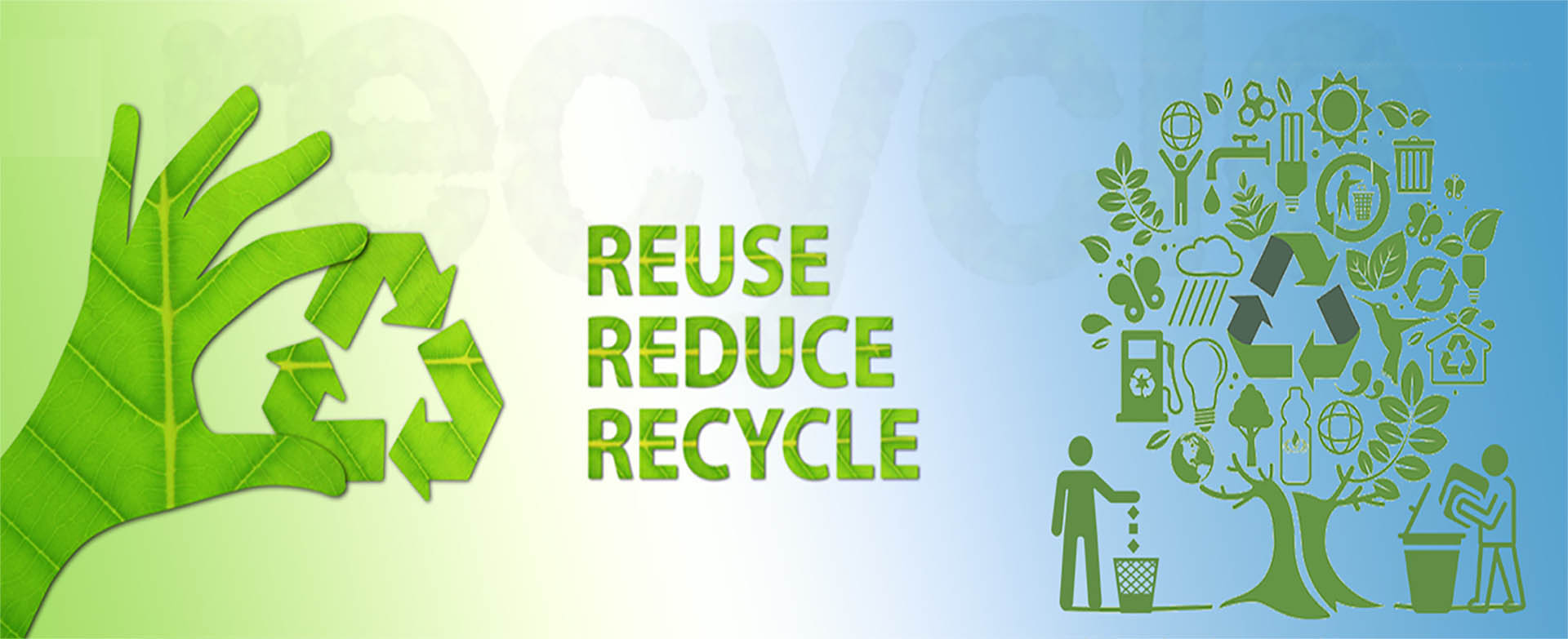GreenTek Reman: Shaping the E-Waste Management Landscape in India with Reverse Logistics Pioneering
Over the course of the forecast period, the global market for e-waste management is anticipated to increase at a projected compound annual growth rate (CAGR) of almost 13%. The market is expected to generate US$ 193.42 billion in revenue by 2032, demonstrating the growing significance of handling electronic trash. It is essential to comprehend the significance of e-waste recycling as our assortment of obsolete devices continues to expand.
Old cell phones, malfunctioning tablets, and chargers are commonplace items in our homes, which adds to the problem. The limited lifespan of electronic equipment and the growing number of gadgets we depend on make recycling e-waste imperative. Importance of E-waste management has grown as an environmental issue due to its many advantages and the pressing necessity to handle these materials in the solid waste stream.
Why Electronic Waste is a Threat
The hazardous materials found in electronic garbage, or “e-waste,” endanger both people and the environment. These pollutants can seep into the ground and water when outdated electronics like TVs, computers, and phones are thrown away. This can lead to pollution. These substances can cause birth deformities, cancer, and damage to the neurological system, among other health problems. Furthermore, the incorrect disposal of e-waste releases dangerous substances into the atmosphere, adding to air pollution.
When e-waste is burned or allowed to decompose, it releases greenhouse gasses like carbon dioxide, which further aggravates global warming. Furthermore, improper recycling results in the waste of precious resources used in electronics, like metals and polymers. This raises the need for fresh resources, which in turn fuels increased mining and pollution.
Reverse logistics and other appropriate e-waste management procedures are crucial to reducing these concerns. Recycling outdated gadgets helps protect the environment and preserves precious resources. Recycling outdated devices properly is essential to preserving the environment, preventing climate change, and safeguarding public health.
Importance of E-Waste Management
- It is imperative that electronic trash not end up in landfills
When e-waste is disposed of improperly, it can be dangerous, according to the EPA. Heavy metals and hazardous chemicals are found in electronic equipment. Lead, cadmium, mercury, and chromium are among the materials that can seep into the soil and contaminate the water and air. The EPA calculates that 60 million tons of e-waste are produced annually worldwide. This item can be recycled to reduce landfill space. These factors have led to the current prohibition of e-waste in landfills by multiple state legislation.
- Precious metals like gold, silver, and platinum are among the valuable materials found in electronic equipment, along with copper, aluminum, plastic, and glass
It is possible to recover these materials through recycling. The majority of electronics are almost entirely recyclable.
- The demand for new raw materials will decline as valuable materials are recovered throughout the recycling process
By doing this, significant natural resources will be preserved. The EPA claims that 800 times as much gold can be extracted from one metric ton of ore as can be found in one metric ton of circuit boards.
- Utilizing recycled materials can also aid in lowering greenhouse gas emissions that arise from the production of new products, or material
The need for fresh material decreases as recycled material becomes more widely available.
- If discarded electronic gadgets are repaired, repurposed, and given to a good cause, they can also be prevented from ending up in a landfill
Most places have a list of groups that restore outdated equipment and provide them to people who would not otherwise have access to them; a fast Google search will reveal these organizations. “Reuse” is a key strategy for preventing materials from entering the trash stream.
E-waste Management Rules in India
The E-waste (Management) Rules, which set forth principles for controlling electronic waste, were introduced by the Indian government. Electronic manufacturers are required by these regulations to assume responsibility for the collection and recycling of their products after they become waste.
In India, the informal sector handles 70% of recycling and 90% of collection when it comes to e-waste management. Due to lower-cost phones and rising usage, there will likely be a rise in the amount of electronic garbage. The E-Waste (Management) Rules, 2022, which went into effect on April 1, 2023, were announced by the Ministry of Environment and Forests in November 2022 with the goal of digitizing the e-waste management process and increasing transparency in e-waste handling.
Also Know: Eco Conscious Waste Management With E-Waste Disposal Company
Green Tek Reman: The Reliable ITAD Service provider
With more than ten years of expertise managing e-waste and recovering valuable resources from it, Green Tek Reman has made a name for itself as a reliable authority in the industry. We serve clients all over the nation with a wide range of services, including Product & Equipment Destruction (PED), Data Sanitization, Precious Metal Recovery (PMR), IT Asset Disposition (ITAD), and Solar Panel Recycling (SPR).
In conclusion, protecting the environment and public health from the risks associated with electronic waste requires efficient e-waste treatment. Adopting appropriate procedures for collection, recycling, and disposal can help us recover valuable resources and reduce pollution. Leading this trend, Green Tek Reman offers dependable ITAD services and innovative reverse logistics solutions to address India’s mounting e-waste problem. We work to positively influence the e-waste management scene with our knowledge and dedication to sustainability, guaranteeing a better and healthier future for future generations.


